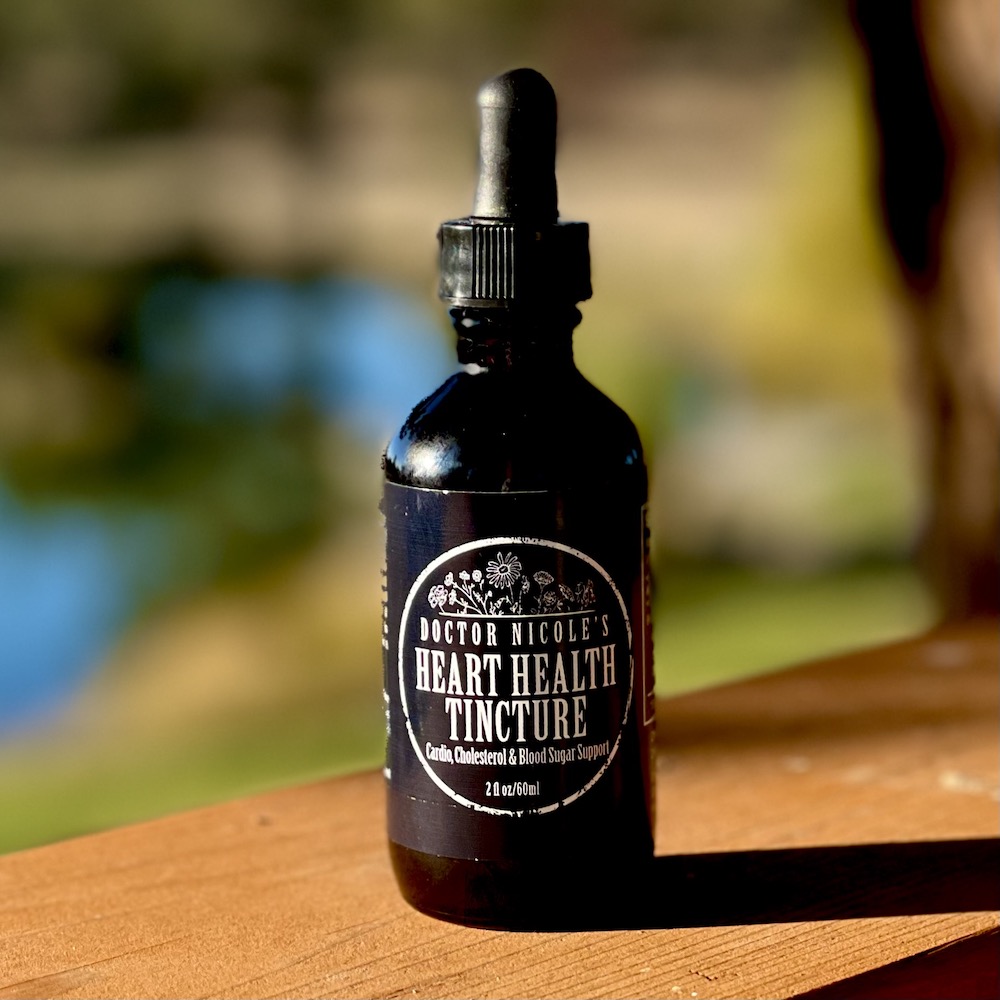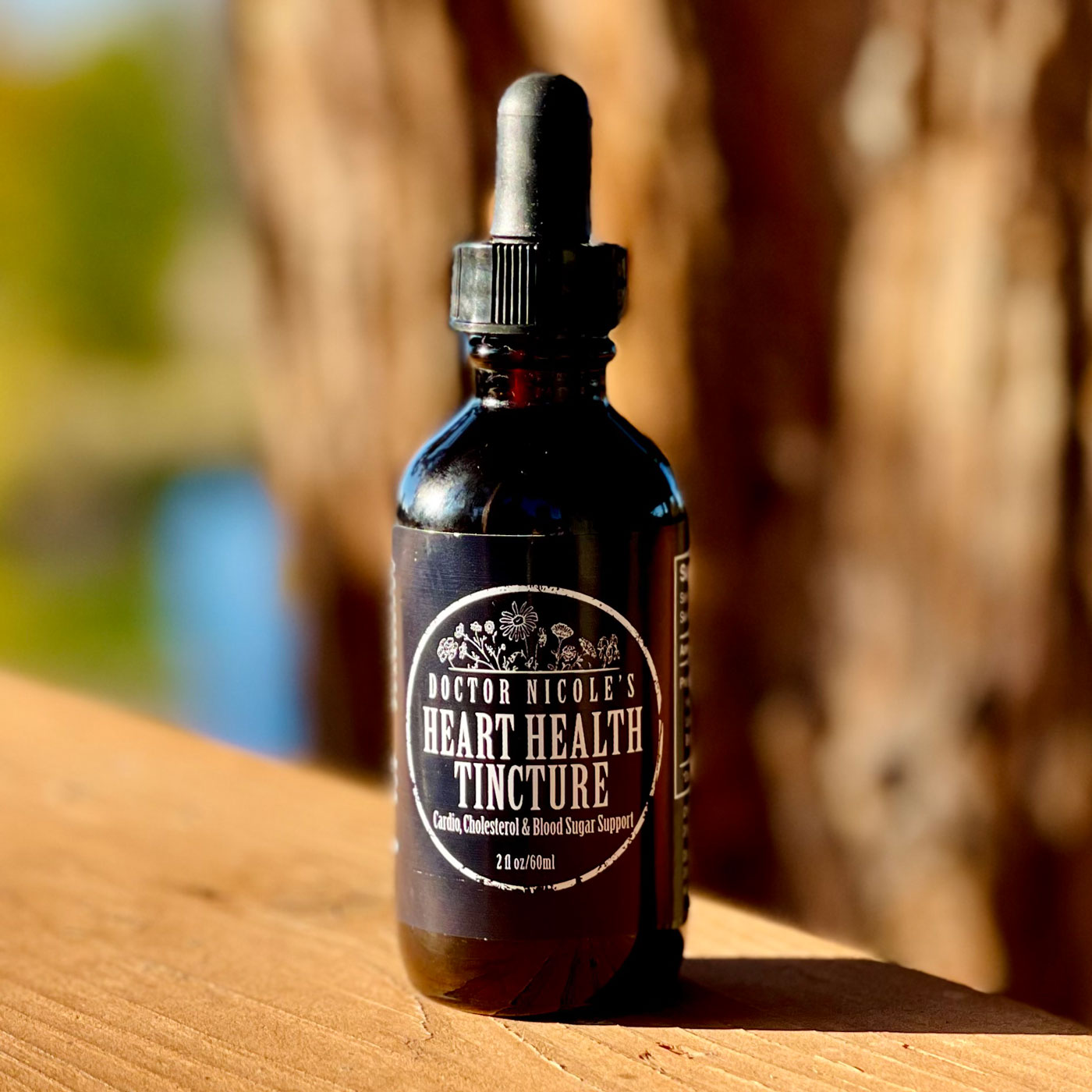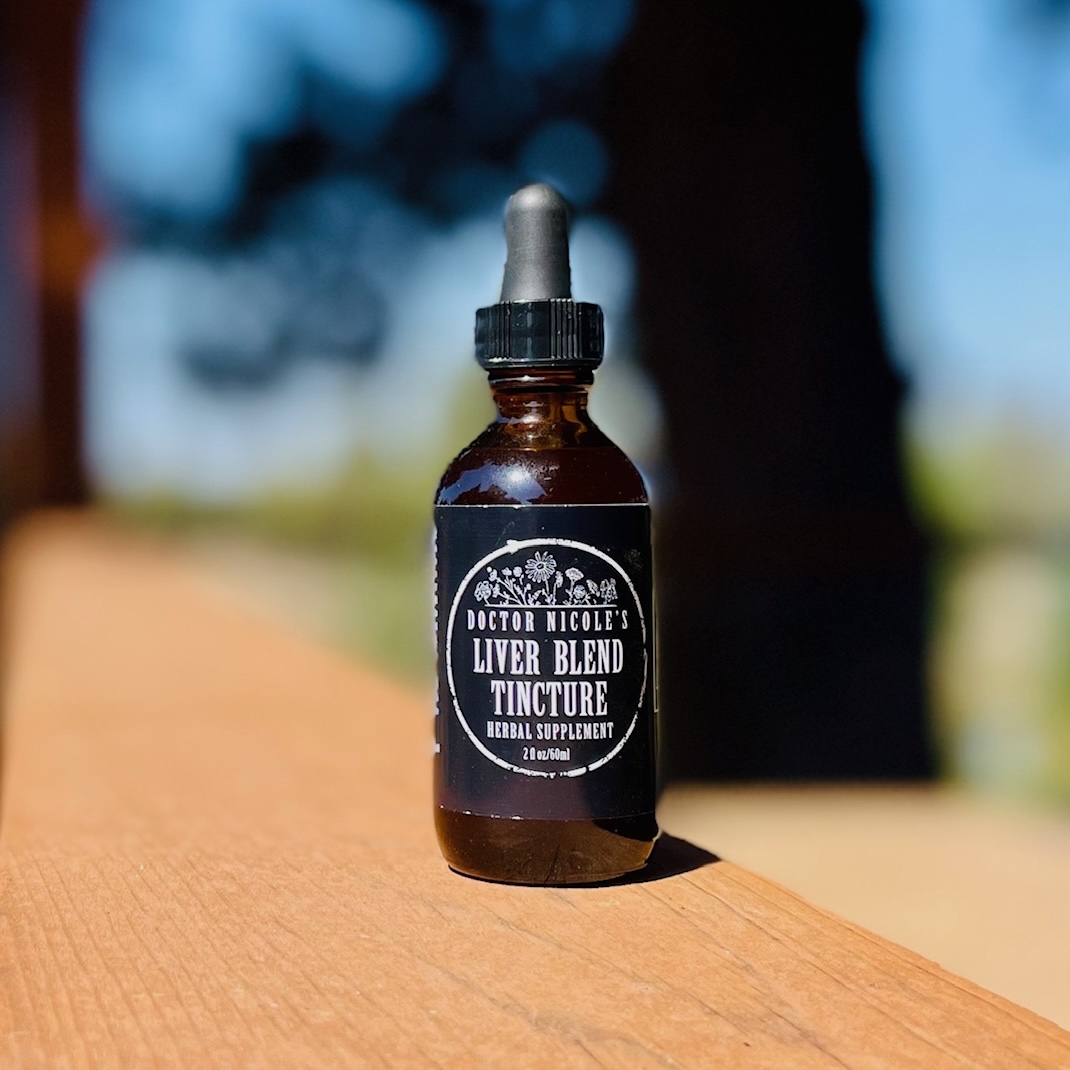Metabolic Consequences of Burning the Midnight Oil
If you’re a night owl, you may want to reconsider your sleep habits. New research has found that those who go to bed later increase their chances of weight gain and type 2 diabetes, independent of lifestyle factors such as diet and exercise. They believe a circadian misalignment and eating after 6 PM may be the root cause, but these are not the only influences. So if you find you struggle with an earlier sleep schedule, take heart! In this post we’ll discuss ways you can minimize the health impacts if you are a night shift worker or naturally wired to stay up late.
Why Sleeping Late Could Be Risky for Your Health
Plenty of research has established that the later your sleep chronotype, the more likely you are to smoke, make poor food choices, and be less physically active.1 However, a new study presented at the Annual Meeting of the European Association for the Study of Diabetes (EASD) in Madrid, Spain this past September suggests these factors may not be the complete story.3
Researchers at Leiden University Medical Center, Netherlands established an independent link between a late chronotype and the development of type 2 diabetes. For the study, the team analyzed data from 4,999 participants in the Netherlands Epidemiology of Obesity study who did not have type 2 diabetes. Chronotypes were then established about when they went to sleep and when they got up, which the researchers used to calculate the midpoint of their sleep. Twenty percent of the group fell in the late chronotype classification.
The researchers found that the later the midpoint of sleep, the larger their waist measurement and higher amount of fat on their waist and liver. Over a six-year follow-up, they found those with a late chronotype not only had a 55% increased risk of type 2 diabetes, but also had a higher body mass index, larger waist, and more visceral and liver fat than people with an intermediate chronotype.
The results were adjusted for age, sex, education, total body fat, physical activity, diet quality, alcohol intake, smoking, and sleep quality and durations — which in turn established that type 2 diabetes and obesity were independent of these factors.
“We believe that, in part, our result may be explained by circadian misalignment that may occur in people with a late chronotype. From other studies, we know that circadian misalignment may lead to metabolic disturbances. Our society’s current work- or social environment is more tailored toward people with an early or intermediate chronotype,” says lead researcher Jeroen van der Velde, PhD, of Leiden University Medical Centre.
He also suspects that food timing may play a role in diabetes risk as some studies have shown that stopping food intake after 6 PM results in improved metabolic health. Additionally, the quality of food eaten later in the evening tends to be more processed, higher in sugar, and less healthy overall. The results of the study did take into account diet quality, but did not measure the timing of food intake.

Circadian Rhythm, Sleep, and Social Timing
Our circadian rhythm is the natural 24-hour cycle that regulates when we awake in the morning, feelings of hunger, our most energetic time, and when we need to go to sleep. It is closely attuned to the rising and setting of the sun. However, there is a natural variation in people that is often classified as ‘night owls’ or ‘early birds’. Because society tends to adhere to an earlier chronotype with work and school schedules, it can cause difficulty for those with a later sleep schedule. Maria Knobel, MD, medical director of Medical Cert UK makes the following point2:
“Our society is built around the rhythms of early chronotypes, leaving late chronotypes at a disadvantage. Early chronotypes naturally fit into the conventional work and school schedules, resulting in more consistent patterns for sleep, meals, and physical activity, all of which are beneficial for metabolic health.”
“On the other hand, late chronotypes are forced to wake up earlier than their bodies would prefer, leading to a cascade of negative health effects. This societal misalignment might be the root cause of what is perceived as dysregulation in late chronotypes,” she said.
If you find yourself in the late chronotype category, there are steps you can take to help mitigate the health impacts. Let’s take a look at a few.
Protecting Against Diabetes & Obesity
Even if you are a night owl or do shift work, there are several lifestyle habits that can go a long way in protecting health. The first is to avoid eating after 6 PM. If you do need food after this time, opt for healthy options like fruits, vegetables, and high-fiber foods instead of those high in fat, sugar, salt, and calories — such as processed foods and sweets. Herbs can also help to keep blood sugar levels balanced and your liver healthy, making it easier to avoid weight gain (especially dangerous visceral fat) and lowering your risk of type 2 diabetes.
For blood sugar management, there is no better formulation I know than our Heart Health Blend. It contains potent extracts of Hawthorn, Tulsi (Holy Basil), Fenugreek, and Bilberry for blood sugar and blood pressure regulation, improved circulation, and overall heart health. It also encourages metabolic health, helps reduce inflammation, and supports vision and the eyes.
To help improve liver health and reduce visceral fat, our Liver Blend contains concentrated extracts of dandelion root, milk thistle, and schisandra berry. These botanicals are known to be powerful, all-natural detoxifiers of pharmaceutical and over-the-counter drugs, environmental toxins, and chemotherapy agents. It also helps to address a range of health complaints, including: cirrhosis, fatty liver disease, jaundice, and hepatitis. What’s more, this potent herbal formula helps to reduce the accumulation of lipids in the liver, calms inflammation, and promotes liver regeneration. If you are seeking an all-in-one herbal formulation that encourages healthy liver function and detoxification, this is for you!
To learn more about these powerful formulations and how they can support you in achieving your metabolic health goals, visit my apothecary today!
Nicole Apelian
Nicole’s Apothecary Products in this Post
References
- Kianersi, S., Liu, Y., Guasch-Ferré, M., Redline, S., Schernhammer, E., Sun, Q., & Huang, T. (2023). Chronotype, Unhealthy Lifestyle, and Diabetes Risk in Middle-Aged U.S. Women : A Prospective Cohort Study. Annals of internal medicine, 176(10), 1330–1339. https://doi.org/10.7326/M23-0728
- “Night owls may have a higher diabetes risk, independent of lifestyle factors” by Hannah Flynn and fact checked by Jill Seladi-Schulman, Ph.D., Medical News Today, September 12, 2024. https://www.medicalnewstoday.com/articles/night-owls-sleep-higher-diabetes-risk-lifestyle-factors
- 60th EASD Annual Meeting of the European Association for the Study of Diabetes. Diabetologia 67 (Suppl 1), 1–593 (2024). https://doi.org/10.1007/s00125-024-06226-0








